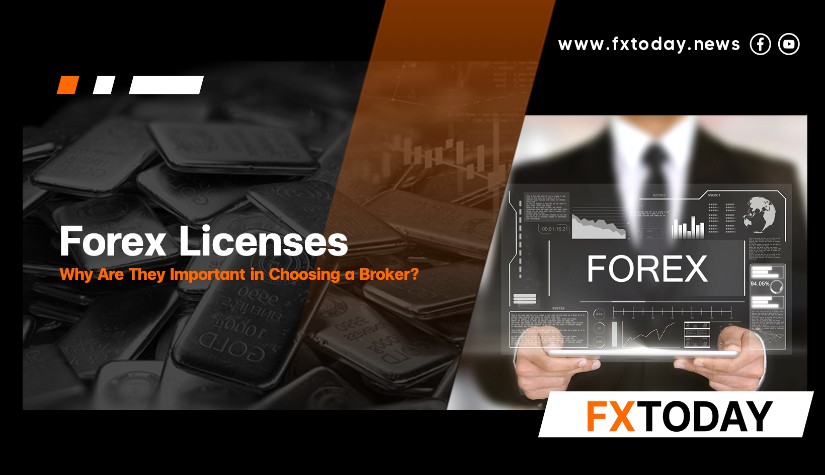In Forex trading, choosing a broker is essential. It is highly advisable to opt for a licensed broker a license that assures the broker's reliability. Hence, understanding Forex licenses is necessary for making informed decisions when picking a broker for your Forex trading journey.
What Is a Forex License?
A Forex license is a certificate that monitors and regulates broker activities to maintain the integrity of their business operations. It also ensures compensation for any client losses in the event of a broker's closure.
Forex licenses typically have the following requirements:
1. Financial Audit: Annual financial statement reviews by certified accountants.
2. Capital Verification: A check on the company's capital turnover.
3. Segregation of Client Funds: Separate accounts for client funds, independent from the company's expenses or liabilities.
4. Service Standards and Complaint Handling: Verification of service standards and procedures for addressing customer resentments.
5. Compensation Conditions: Terms for compensating clients if the broker encounters financial difficulties or declares bankruptcy.
International Forex Licenses
An international Forex license provides a broker with global recognition and credibility. It reassures investors about the safety of their funds in the broker's portfolio.
Here are four eminent international Forex licenses:
1. Financial Conduct Authority (FCA): Based in the United Kingdom, the FCA is a respected regulatory body. Numerous Forex brokers aspire to be licensed by the FCA, which assures stability and transparency.
2. Cyprus Securities and Exchange Commission (CySEC): An independent regulatory agency, CySEC supervises financial services, investments, and transactions in Cyprus, bolstering the reliability and appeal of the Cypriot securities market.
3. Australian Securities and Investments Commission (ASIC): An esteemed Australian organization, ASIC regulates financial services, investment markets, and financial transactions, lending expertise in investment, retirement, insurance, and deposit-taking activities.
4. International Financial Services Commission (IFSC): Situated in Belize, the IFSC caters to global financial service providers, including brokers. An IFSC license sheds light on a broker's financial reports, trading volumes, responsibilities, and customer complaint-handling procedures.
These are simply a few notable international Forex licenses. Other esteemed licenses include those from the Federal Financial Supervisory Authority (BaFin) in Germany, the Financial Services Agency of Japan (FSA Japan), the Seychelles Financial Services Authority (FSA Seychelles), and the Malta Financial Services Authority (MFSA). Each license boosts a broker's credibility, fostering trust among clients.
Conclusion
A Forex license is perceived as a symbol of trustworthiness for brokers, signifying their regulatory compliance and enabling oversight of their credibility. However, a license does not provide absolute protection against fraud. Traders are encouraged to undertake comprehensive background checks on potential brokers to mitigate the risk of fraudulent activity.
______________________________
Maximize your knowledge: Blog
Keep up to date on global events: News
Updated
1 year ago
(May 29, 2023 10:32)
